On Its Own - an Interview with Claudio Capanna
8 Share TweetFrom what we've seen in his images, Claudio Capanna is the type of photographer who takes details into consideration. He doesn't just "snap away" but rather focuses on the moment as it takes place. Everything he does, the images he takes, even the medium he uses has to feel natural. Even the mood he shoots in has to be authentic. Claudio is not one to shy away from the human form and experience. His images are sensuous and his process, intimate.

Hello, Claudio. Welcome to the Lomography Online Magazine! How did you get started on your photographic journey?
Hi, Lomography, I started taking pictures about 15 years ago. At the beginning, I started as a filmmaker and shot my first short film when I was 19.
At 23, after the shooting of my third short film, I took a break for a few years as I was tired of the cinema environment in Rome. I started shooting at this time, trying to continue with photography the same research that I had started with motion picture. Then I realized that photography was a fundamental practice for me.

How would you define photography?
These days, I'm editing a short film about prayer, filmed in Istanbul. I think that photography is similar to praying — a moment of silence, deeply existential in which the photographer is alone with himself.

What's your favorite thing about it?
I love the solitary aspect of photography, or at least of the kind of photography that I practice. Usually I collaborate with the model, with a stylist and that's it. I take care of all the technical and practical aspects. I do not have intermediaries, unlike in cinema where you have to deal with dozens of people.

We love the range of your images. They focus on different subjects but they maintain this moody atmosphere. Was this a style you were going for?
I started shooting with Fuji's black and white films after a workshop with Gianni Berengo Gardin in 2006. He talked a lot about the Neopan 1600, a historic and wonderful film that's out of print today. I started using this film and I found a mood that suited me. Also, I've been living in Brussels for the last eight years. A very inspiring city, with a kind of blanket of smoke that makes everything opaque and sensuous.
Your portraits are just beautiful. They are sensual and classy at the same time. How do you achieve this level of comfort between you and your subjects?
I am very natural with them and I tend not to collaborate with professional models. My models are friends actresses and in most of my images I portray my wife. I think I naturally create a very strong relationship with the female universe. My first feature-length documentary "Life to Come", released in 2016, focuses on the story of the birth and struggle for survival of two premature twins. The mother is the main character of the film and I managed to spend 3 months with her in the hospital. I filmed her during a very hard and challenging moment of her life, capturing extremely intimate and delicate moments. When the film was released everyone was amazed that a man had succeeded in this intent. But I was simply myself!

For you, what makes film photography so appealing? Why do you still shoot with film?
I use film because I search indiscriminately in cinema, and in photography the relationship we have with "the organic matter.” The film, particularly black and white, is a chemical and organic material. I would like my images to be three-dimensional and to be literally touched. I would like the black of my images to be as intense as a lump of color.

We heard that you're also a filmmaker. Does your cinematic work intersect with your photography in some way?
My research, both in cinema and in photography, is devoted to the study of the relationship that we have with nature and with its organic aspect. So, I work a lot on the body. I shoot my movies only in color for the moment, and I use digital cameras. In photography, I need to use film instead; I need to work with the chemical material.
For you, what makes a good photograph?
A good photograph is a mix of instinct, aesthetics and research of contents.

Who are the artists/photographers that you follow? What is it about their work that catches your attention?
There are masters, both in the cinema and in photography: Werner Herzog for the seventh art and Minor White, Mimmo Jodice and Harry Callahan in the still images. I follow many young people on Instagram. I really like Toby Harvard. He only shoots in color, but I find in his portraits a plastic, vital component.

What inspires you to shoot?
I am inspired by the transcendent. I love religions and their most secret and esoteric aspects. I am deeply inspired by India. I love to find myself in places where I feel the sweat on my skin.

Lastly, what's next for Claudio Capanna?
I have three projects right now. I'm writing my second feature documentary, which will be very close to fiction and will be produced in France. I am editing a short film about prayer, entitled Salat. I have a photographic book project (and expo,) which I am preparing with a French illustrator, Julia Eva Perez. The title of the work will be Mater.
We would like to express our gratitude to Claudio for letting us feature his images on the Magazine. If you're interested in his work, you may head over to his website and Instagram for more.
written by cheeo on 2018-04-10 #people #film #interview #artist #feature #claudio-capanna


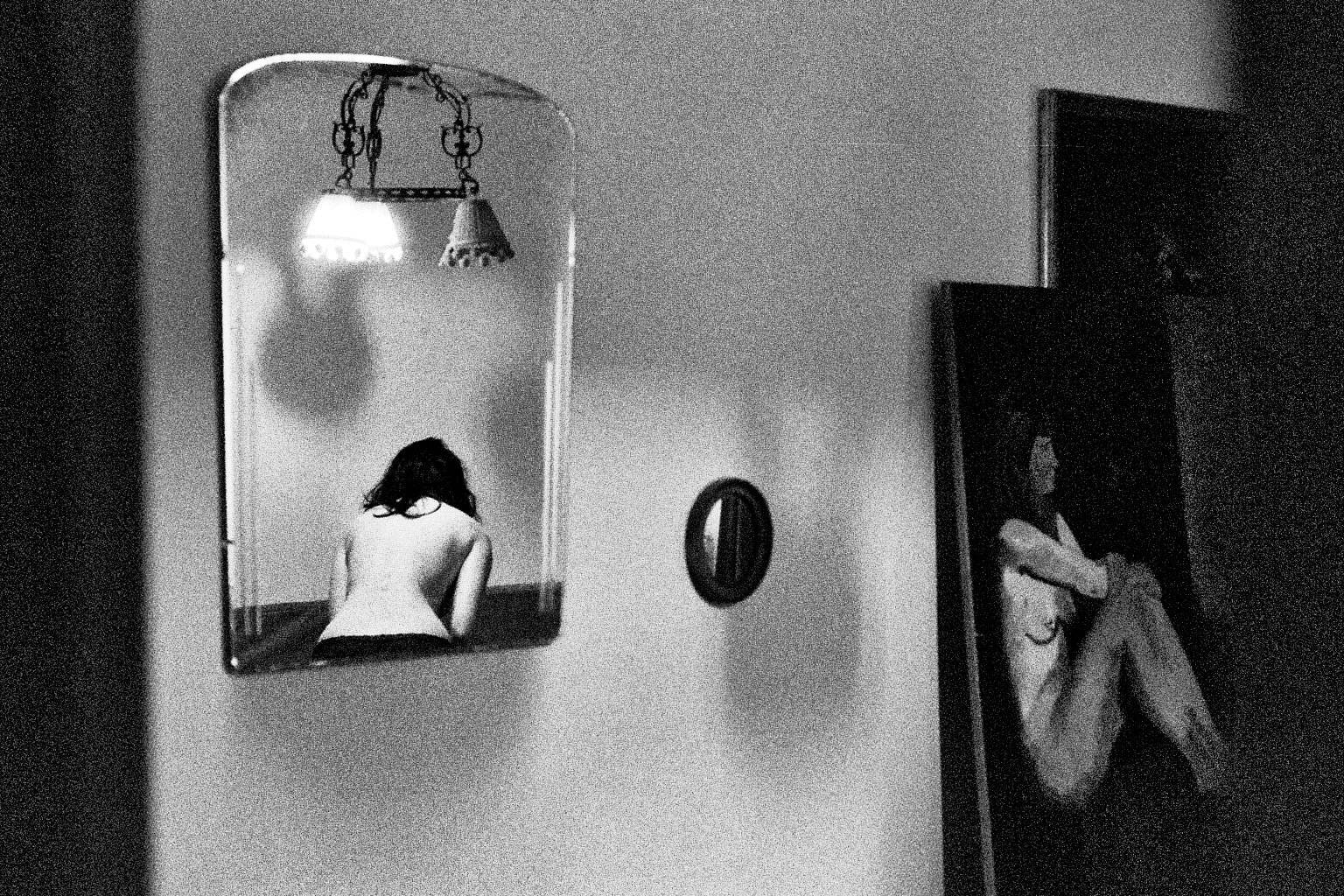



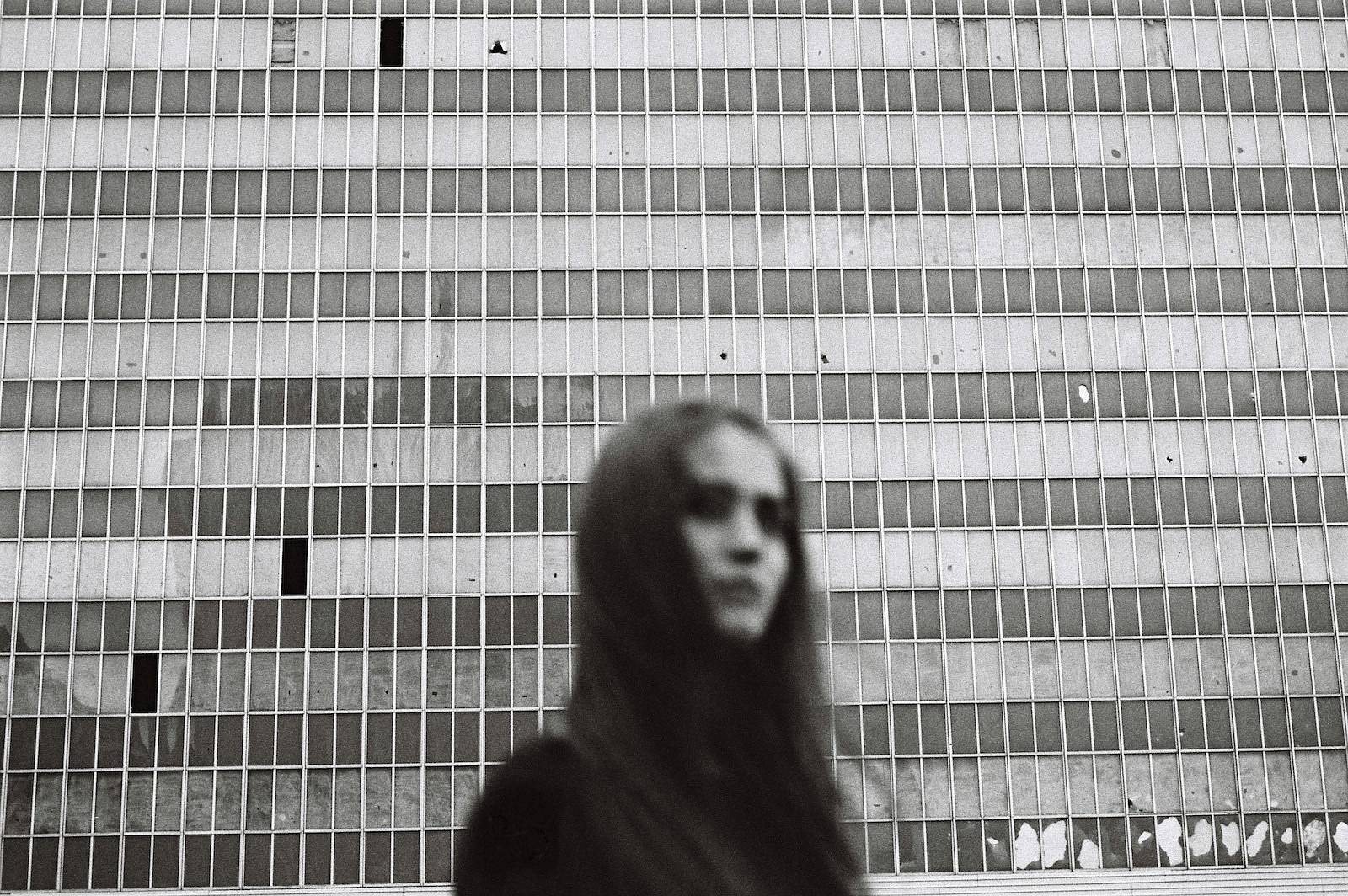
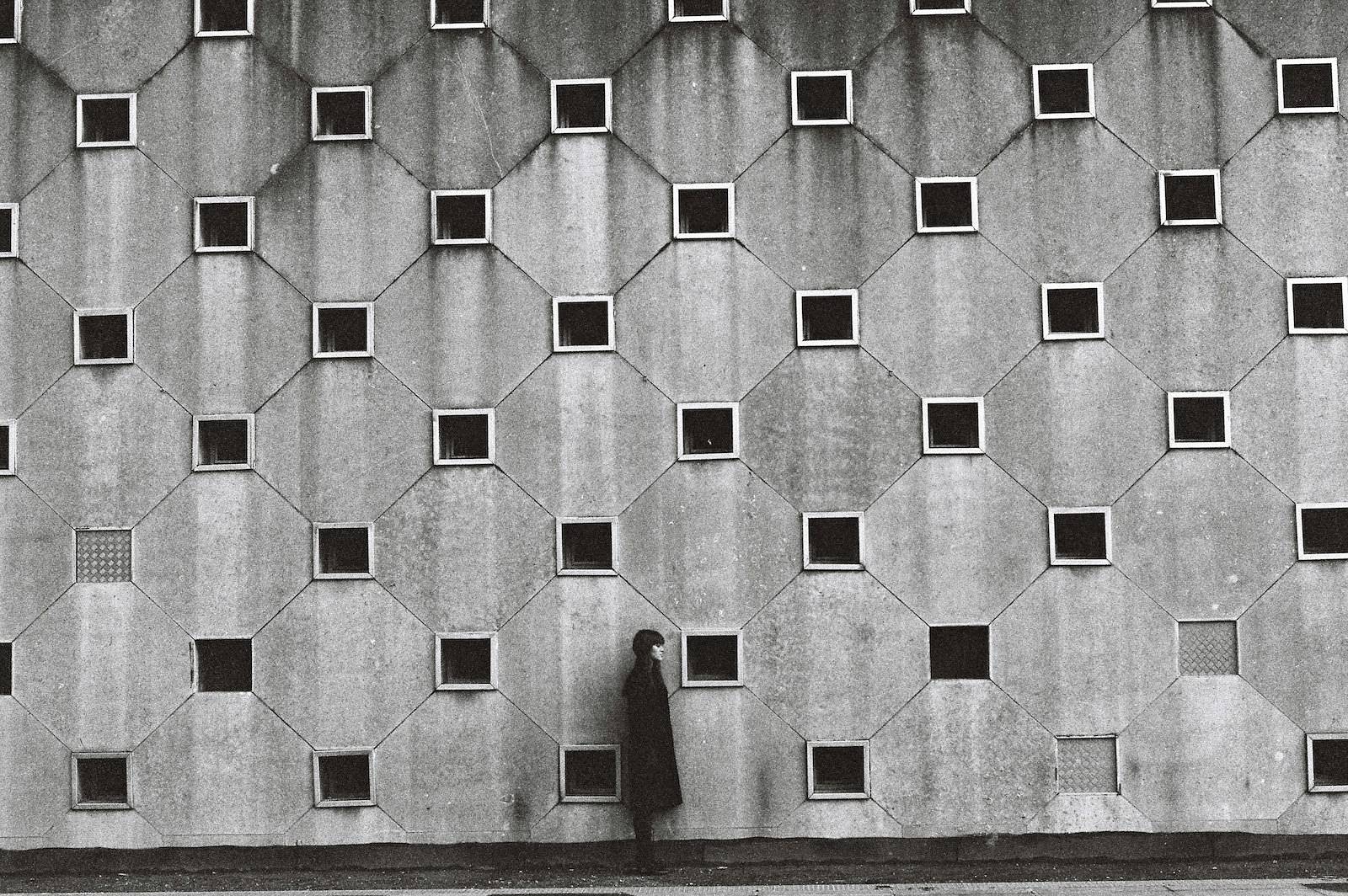



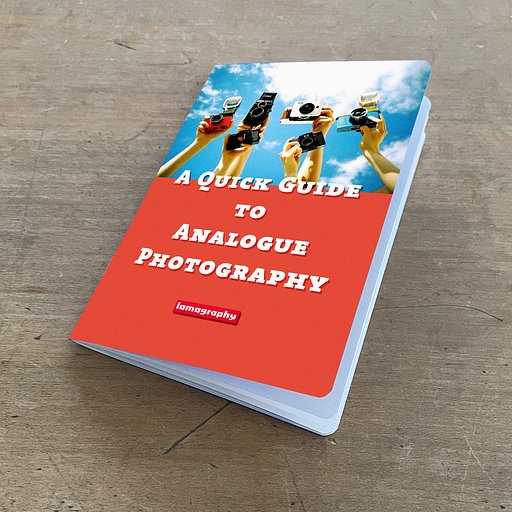
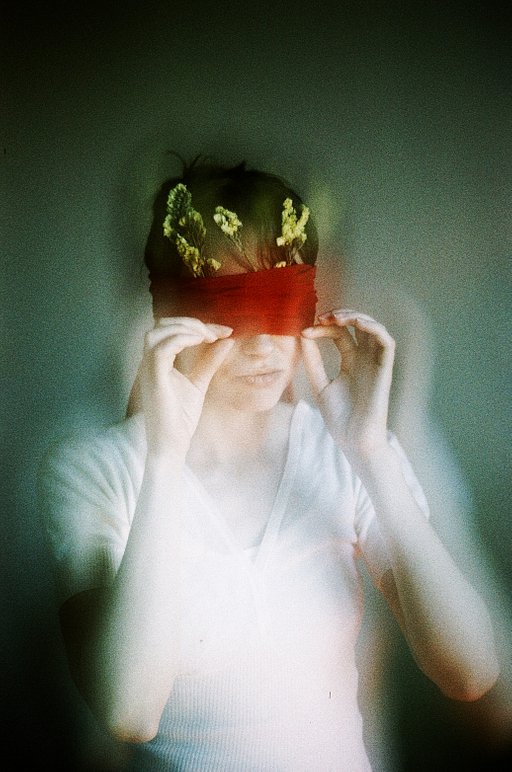
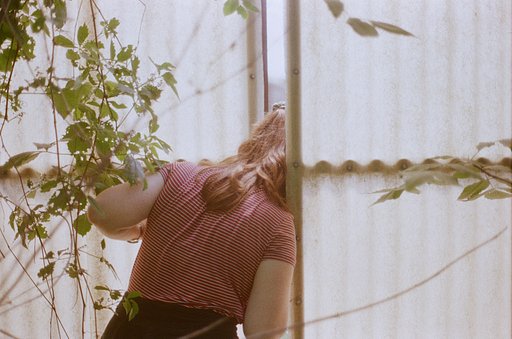
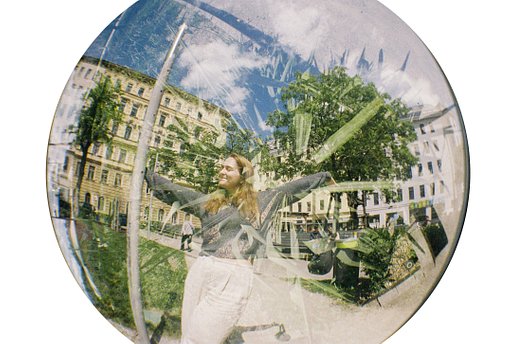

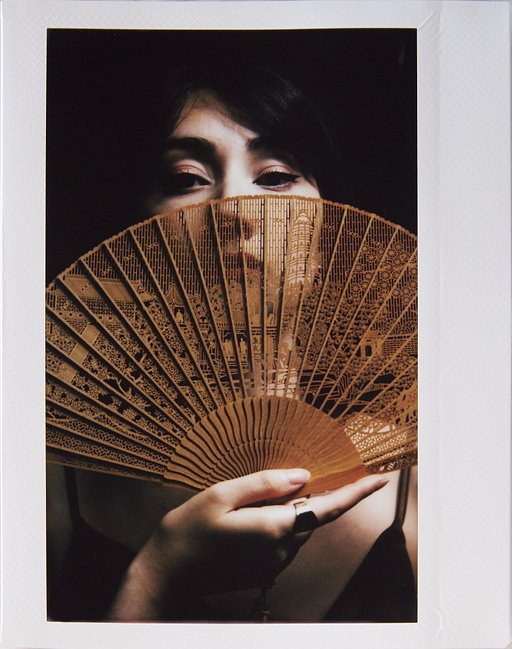


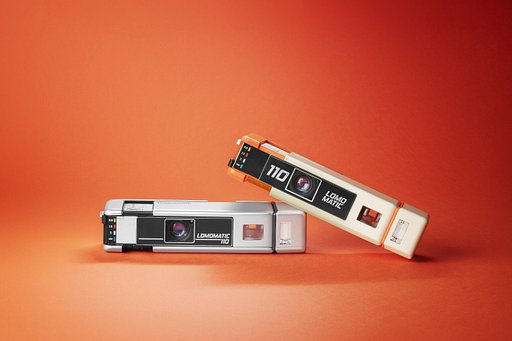



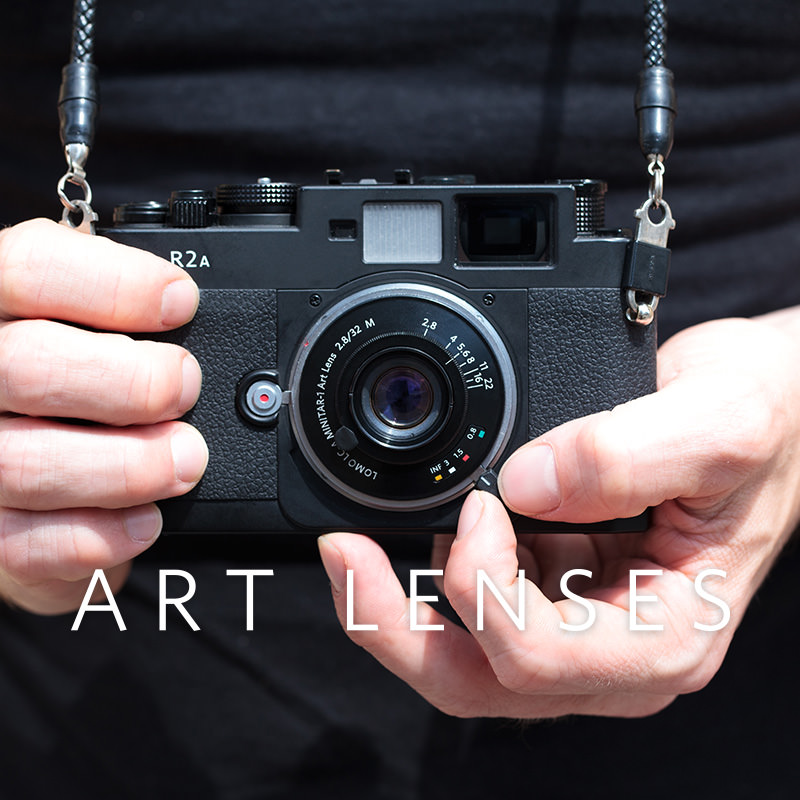
No Comments